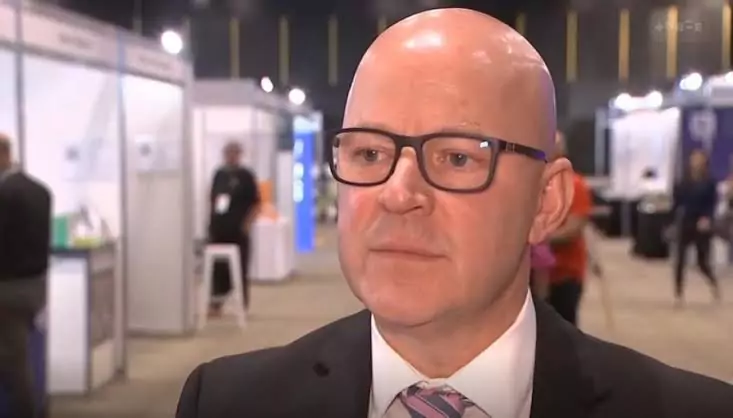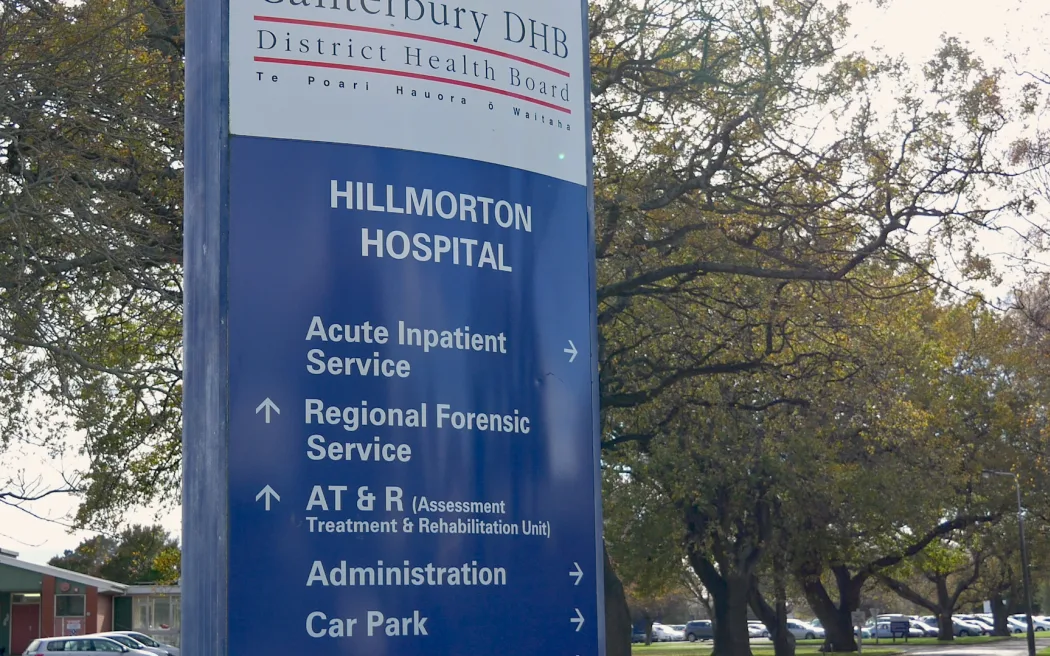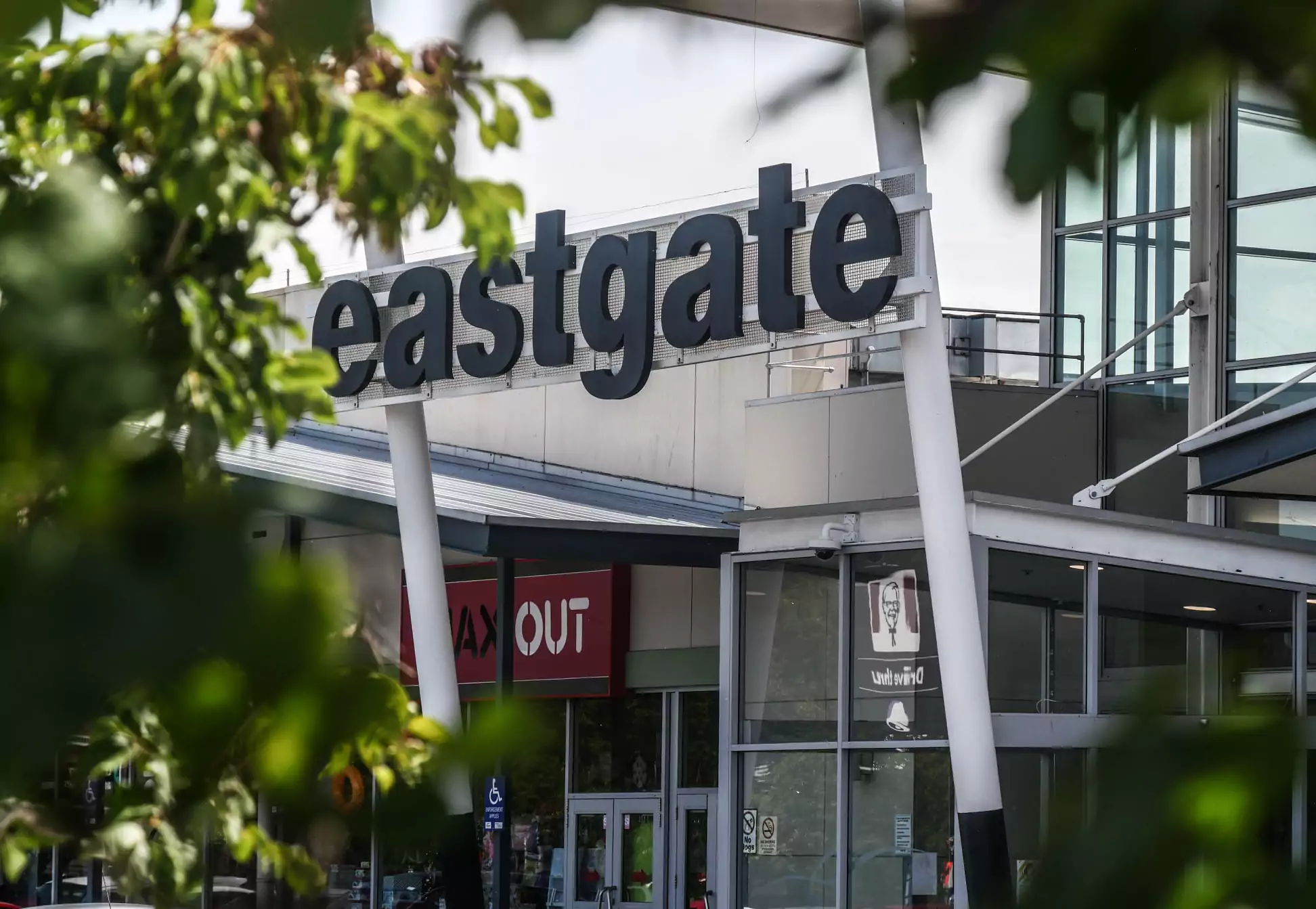A Hillmorton Hospital medical professional has expressed concern about daily verbal and physical assaults on mental health ward nurses, leading to experienced staff leaving.
This worker, who chrislynchmedia.com, has agreed not to name, has witnessed the increasing violence firsthand, and described the situation as dire, with nurses regularly entering rooms to attend to aggressive patients, fully aware that they are at “significant risk of injury.”
The worker highlighted concern among many staff members. “Every time I head off to work, I wonder if I’ll be injured today.”
The worker said numerous nurses required time off to recover from physical injuries or the emotional trauma inflicted by their work.
In some cases, head injuries have taken months to heal, and some nurses have been unable to return to their duties.
The worker said nurses were very much aware of the difference between a mentally unwell patient acting out and someone who chooses to behave aggressively.

Nurse / File
However, the prevailing “politically correct culture” coupled with a strong emphasis on patient rights, has left nurses feeling trapped, operating in what they describe as “survival mode.”
“When de-escalation attempts fail, these nurses are often left with no other defence than their hands.”
Adding to the frustration, the medical professional revealed that after violent incidents, nurses are increasingly asked, “What could you have done better?”
“While this question is intended to encourage self-reflection, many nurses see it as a form of victim-blaming that only deepens their despair.”
The worker expressed concern that the situation had driven experienced nurses into early retirement, creating a vacuum of knowledge and skill within the wards.
“The loss of these nurses has left the wards increasingly staffed by less experienced nurses, who are often unprepared for the chaotic and violent conditions they now face.”
Do you have more information or a similar story to share? email [email protected]
“The shortage of nursing staff exacerbates these challenges, reducing what was once a full team ready to manage violent situations to a skeleton crew.”
“Those remaining are afraid to speak up for fear of losing their jobs saying that financial pressures like student loans and mortgages keep many silent.
Even turning to the Union has proven ineffective in addressing the critical shortage of nurses.

Health New Zealand Canterbury Executive Director of Nursing, Becky Hickmott
Health New Zealand Canterbury Executive Director of Nursing, Becky Hickmott, acknowledged the challenges.
“Like other healthcare providers around the country, our Specialist Mental Health Service (SMHS) continues to experience high demand from people with increasingly complex needs and acuity.
“Our nursing staff turnover has remained steady, and we have not seen an increase in resignations. However, we are carrying nursing vacancies in this space, and recruitment is a key priority for us, with active recruitment underway.
“Some of the current nursing vacancies will be utilised for our mid-year intake of new graduate nurses, with the remaining vacancies targeted for more experienced clinicians.
“Hillmorton is a teaching campus, and we have designated senior staff who support the learning and development of our new nurses through the NESP programme. We are committed to growing and developing our specialised workforce across a range of occupational groups and teams,” Hickmott said.
“We run a daily process for roster management, using pool staff, asking staff to work overtime, and moving staff around the campus to cover roster gaps. Despite our best efforts, we acknowledge that there are times when shifts might have reduced staffing levels. We thank our staff for going above and beyond to support our consumers and their colleagues.
“Our teams have worked hard to ensure the safety of both consumers and staff. Although no level of violence is acceptable in any workplace, some consumers, especially when unwell, may be unpredictable, potentially resulting in assaults on other consumers or staff.
“There is a structured programme and training to address issues and develop safer processes for our working environments, which reduces the possibility of assault.
“Alongside training, some of the facilities our staff work in are old, not ideal to support contemporary practice, and create some risk for consumers and staff. We have begun the process of renewing facilities on the Hillmorton campus, with work underway on a number of projects, including the development of a new building to replace our current Te Awakura facility. This facility development will improve the therapeutic environment, continue to improve consumer experience, and provide safer environments for our staff.”

Mental Health Minister Matt Doocey
Responding to the concerns, Minister of Mental Health Matt Doocey said “Firstly, I want to acknowledge our hard-working mental health nurses.
“They are an incredibly vital and valued part of our workforce, and I acknowledge they are working in a challenging environment. However, they have a right to a workplace in which they feel safe and able to carry out their duties.
“Workforce shortages are the number one barrier to timely mental health and addiction support. That is why I recently set five Government targets to improve timely access to the treatment people need to keep them well. One of the targets I announced includes training 500 mental health and addiction professionals each year.
“I will be announcing in the coming months my workforce plan, which includes work that is underway both to grow and upskill existing mental health and addiction workforces while also developing new workforces to better support people’s mental health and addiction needs.”









